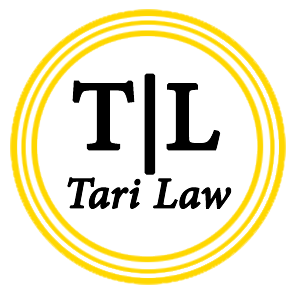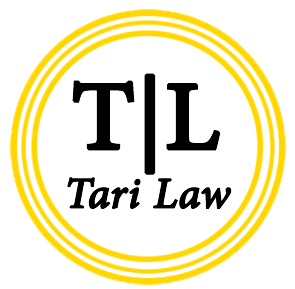Nonimmigrant Visas

F-1 Student Visa
An F1 visa is issued to international students who are attending an academic program or English Language Program at a US college or university. F-1 students must maintain the minimum course load for full-time student status. They can remain in the US up to 60 days beyond the length of time it takes to complete their academic program, unless they have applied and been approved to stay and work for a period of time under the OPT Program
Optional Practical Training (OPT)
Foreign students completing associate, bachelors, masters or doctorate degrees as well as non-degree students completing structured programs or certificate programs in F-1 student status are eligible to receive permission from the U.S.
Citizenship and Immigration Service (USCIS) to be employed for a period of one year. This employment authorization is called Optional Practical Training.
Optional practical training after completion of studies is not a one-time option. If you use a one-year period of practical training after completion of your degree, you can obtain another period of optional practical training upon completion of a higher degree.
J-1 Student Visa
The J-1 visa in the United States is for people who wish to take part in work-and-study-based exchange and visitor programs in the U.S.
These programs are sponsored by an educational or other nonprofit institution, which must be accredited through the Exchange Visitor Program designated by the U.S.
State Department. J-1 exchange visitors come to the United States to teach, study, receive training, or demonstrate special skills. The J1 visa is meant for students who need practical training that is not available to them in their home country, and the training must be directly related to their academic program.
M-1 Student Visa
The "M" visa is for nonacademic or vocational studies. M-1 visa holders for technical and vocational programs are not permitted to work during the course of their studies. The M-1 student visa applicants must have evidence that sufficient funds are immediately available to pay all tuition and living costs for the entire period of intended stay.
B1/B2
B1 and B2 visas are generally referred to as “B visas”, and they are the most common types of visa issued for a wide range of uses in the United States.
The B1 visa is issued mainly for short-term business trips, while the B2 visa is issued mainly traveling for tourism purposes. Once a visa is issued after approval of your B1 or B2 visa application to the U.S.
government, “B1/B2” is indicated under “Visa Type/Class.” Under this visa indication, the traveler may engage in both short-term business and tourism activities while in the United States.
The most common reasons for applying for B visas are to visit family, relatives, and friends residing in the U.S., and also to engage in short-term business trips in the U.S. for business discussions, negotiations, meetings, and site inspections. However, holders of B visas are prohibited from working and receiving salary or other remuneration in the U.S.
Travelers must apply for an E visa in order to work (including part-time) in the U.S. or to invest in businesses, shops, or other investments in the country.
Those who may be involved in some kind of business activities while in the U.S. are encouraged to check the content of such activities and their period in advance.

